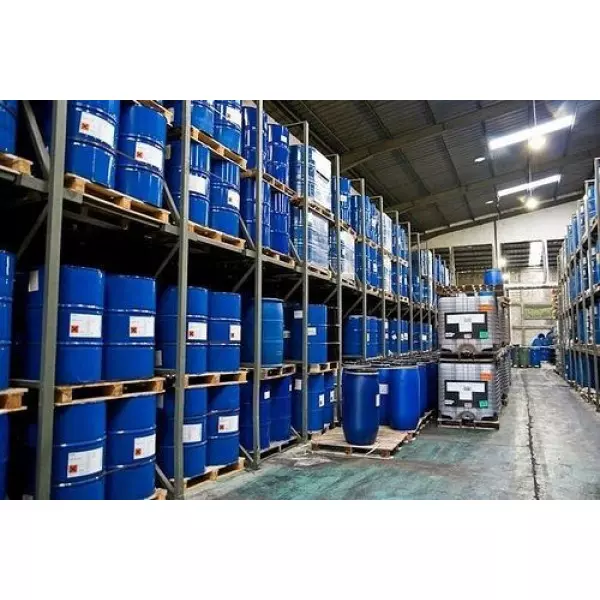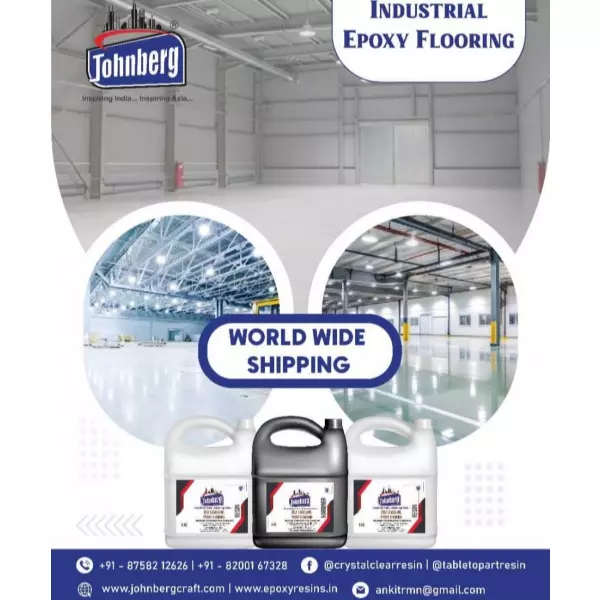- Home
- About Us
- Products
- Resin Furniture
- 3D Epoxy Flooring Service
- Resin Table Top
- Wooden Epoxy Resin Table Top
- Metallic Epoxy Flooring Service
- Conception Chemical Consultants
- Chemical Consultancy For Construction
- Construction Chemical Consultant
- Tile Grout
- Foundation Grout Consultant
- Paver Block Chemical Consultant
- Waterproofing Chemical Consultant
- Epoxy Pigment Consultant
- Heat Reflective Coating
- Water Repellent Coating
- Epoxy Grout
- Chemical Consultant
- Industrial Chemical
- Construction Chemical
- Epoxy Resin
- Epoxy Coating
- Polyester Resin
- Joint Sealants
- Cristal Clear Epoxy Resin And Hardner
- Construction Chemicals
- Polycarboxylate Ether And Liquid
- Solvent Cement
- Tile Protection Sheet
- Water Reducing Superplasticizer
- Epoxy Resin And Hardeners
- Two Component Waterproof Coating
- Epoxy Floor Coatings
- Casting Resin
- Sbr Latex Polymer
- Epoxy Grout Formulations
- Epoxy Resin Tabletops
- Tile Spacers
- Tile Levelling Spacers
- Industrial Night Vision Epoxy Grout
- Sbr Latex
- Johnberg Marble Polishing Liquid
- Acrylic Elastomeric Coating
- Weber Tile Adhesives
- Decorative Arts
- Resinic Crafts
- PU Flexible Tile Adhesive
- Resin Pressed Flowers
- Dry Pressed Flower
- Epoxy Putty
- Resin Furniture
- Services
- Updates
- Gallery
- Contact Us
Industrial Chemical Support In Chennai
Details of Industrial Chemical
What Are Industrial Chemicals?
Industrial chemicals are substances used in various manufacturing and industrial processes. They are typically produced in large quantities and serve as raw materials or intermediates in the production of goods, including plastics, textiles, paints, pharmaceuticals, detergents, and more.
Types & Classifications
1. Basic Chemicals
Used in large-scale industries; often feedstock for other chemicals.
Examples: Sulfuric acid, chlorine, sodium hydroxide, ammonia
2. Specialty Chemicals
Used for specific applications; usually produced in smaller volumes.
Examples: Dyes, adhesives, agrochemicals, flavors & fragrances
3. Fine Chemicals
High purity and complex molecules used in pharmaceuticals and electronics.
Examples: Active pharmaceutical ingredients (APIs), photoresists
4. Petrochemicals
Derived from petroleum or natural gas.
Examples: Ethylene, propylene, benzene, toluene, xylene
5. Polymers
Macromolecules used in plastics, rubbers, fibers.
Examples: Polyethylene (PE), Polyvinyl chloride (PVC), Nylon
Common Industrial Chemicals and Their Uses
Chemical Formula Common Use
Sulfuric Acid H₂SO₄ Fertilizers, batteries, metal processing
Ammonia NH₃ Fertilizers, cleaning agents, refrigeration
Sodium Hydroxide NaOH Soap making, water treatment, paper industry
Chlorine Cl₂ Disinfectant, PVC production, water treatment
Ethylene C₂H₄ Plastic production (especially polyethylene)
Acetone C₃H₆O Solvent, cleaning, resin production
Benzene C₆H₆ Precursors for dyes, detergents, plastics
Hazards and Safety
Industrial chemicals can be hazardous depending on their properties.
Common Hazards:
Toxicity – e.g., Benzene (carcinogenic)
Flammability – e.g., Acetone, Toluene
Corrosiveness – e.g., Sulfuric acid, Sodium hydroxide
Environmental harm – e.g., persistent organic pollutants (POPs)
Safety Measures:
Material Safety Data Sheets (MSDS)
Personal Protective Equipment (PPE)
Proper labeling, storage, and ventilation
Spill response procedures
Regulations & Compliance
Major Regulatory Bodies:
OSHA (USA) – Workplace chemical safety
REACH (EU) – Registration, Evaluation, Authorisation and Restriction of Chemicals
EPA (USA) – Environmental protection
GHS – Globally Harmonized System of Classification and Labeling
Environmental and Health Concerns
Air and water pollution from manufacturing
Bioaccumulation of certain chemicals in the ecosystem
Human health effects from long-term exposure (e.g., respiratory issues, cancer)
Sustainable Trends
Green chemistry
Biodegradable solvents
Recycling and circular economy in chemical production
Offered Product
Industrial Chemical
Our Range Of Products Include Glass Mosaic Adhesive, Tile Adhesive, Marble Adhesive, Phenalkamine Epoxy Hardener, Polyamide Hardener And Potassium Methyl Siliconate.... Read moreIndustrial Chemical Manufacturers In Kolkata
Epoxy Industrial Flooring Is A Durable And Seamless Surface Made From A Combination Of Resin And Hardener. It Is Applied To Concrete Floors To Create A Strong, Chemical Resistant, And Easy To Clean Finish. This Type Of Flooring Is Commonly Used In Warehouses, Factories, Laboratories, And Other High Traffic Industrial Environments. It Provides Excellent Resistance To Wear, Impact, And Moisture, While Also Improving The Appearance And Safety Of The Workspace. Epoxy Flooring Is Known For Its Long L Continue
Industrial Epoxy Flooring Manufacturers In India
Industrial Epoxy Flooring Is A Durable, High-performance Flooring System Commonly Used In Industrial And Commercial Settings. It Consists Of A Resin-based Compound That, When Mixed With A Hardener, Forms A Tough, Long-lasting Surface. Here Are Some Key Characteristics And Benefits Of Industrial Epoxy Flooring:Key Features:Durability: Epoxy Floors Are Extremely Resistant To Wear And Tear, Making Them Ideal For Heavy-traffic Areas Like Factories, Warehouses, And Garages.Chemical Resistance: Continue
Industrial Chemical Manufacturers In Ayodhya
Sulfuric Acid Is A Strong And Corrosive Mineral Acid That Is Widely Used In Industrial Processes. It Is A Clear And Oily Liquid With No Color And It Is Highly Reactive With Water And Organic Materials. It Is Used In The Production Of Fertilizers, In Petroleum Refining, In Wastewater Treatment, And In The Manufacture Of Chemicals Such As Hydrochloric Acid And Nitric Acid. It Is Also Used In Lead Acid Batteries For Vehicles. Handling Sulfuric Acid Requires Strict Safety Precautions Due To Its Abil Continue




